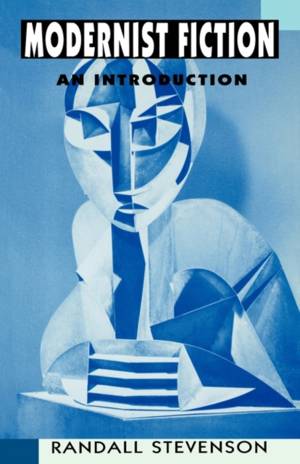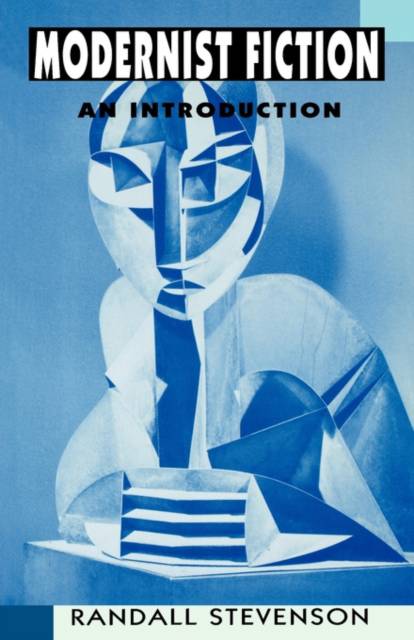
- Retrait gratuit dans votre magasin Club
- 7.000.000 titres dans notre catalogue
- Payer en toute sécurité
- Toujours un magasin près de chez vous
- Retrait gratuit dans votre magasin Club
- 7.000.0000 titres dans notre catalogue
- Payer en toute sécurité
- Toujours un magasin près de chez vous
Description
To many writers of the early twentieth century, modernism meant not only the reshaping or abandonment of tradition but also an interest in psychology and in new concepts of space, time, art, and language. Randall Stevenson's important new analysis of the genre presents a lucid, comprehensive introduction to modernist fiction, covering a wide range of writers and works.
Drawing on narrative theory and cultural history, Stevenson offers fresh insights into the work of such important modernists as Henry James, Joseph Conrad, Ford Madox Ford, D.H. Lawrence, Wyndham Lewis, Dorothy Richardson, May Sinclair, Virginia Woolf, and James Joyce. In addition he discusses the work of Marcel Proust, an important figure in the development of modernism in Europe.
This illuminating book places the new imagination of the modernist age in its historical context and looks at how and why the pressures of early twentieth century life led to the development of this distinctive and influential literary form. This accessible account of modernism, modernity, and the novel will be welcomed by students, scholars, and general readers alike.
Spécifications
Parties prenantes
- Auteur(s) :
- Editeur:
Contenu
- Nombre de pages :
- 256
- Langue:
- Anglais
Caractéristiques
- EAN:
- 9780813108148
- Date de parution :
- 24-09-92
- Format:
- Livre broché
- Format numérique:
- Trade paperback (VS)
- Dimensions :
- 137 mm x 211 mm
- Poids :
- 317 g

Les avis
Nous publions uniquement les avis qui respectent les conditions requises. Consultez nos conditions pour les avis.






